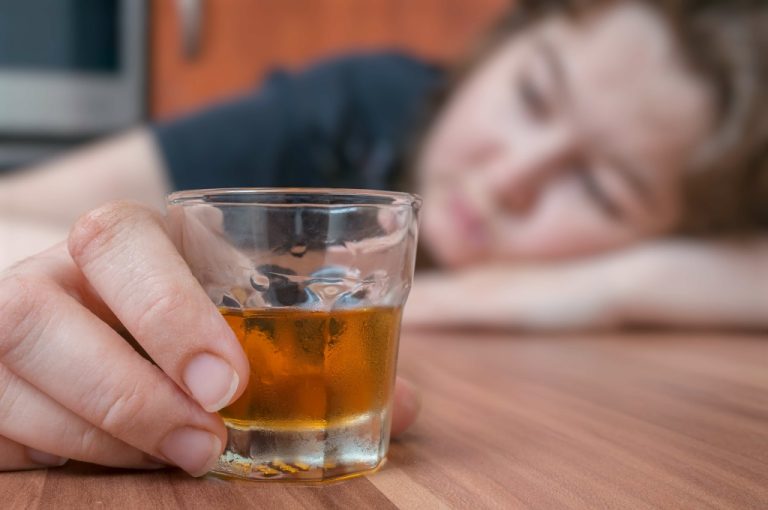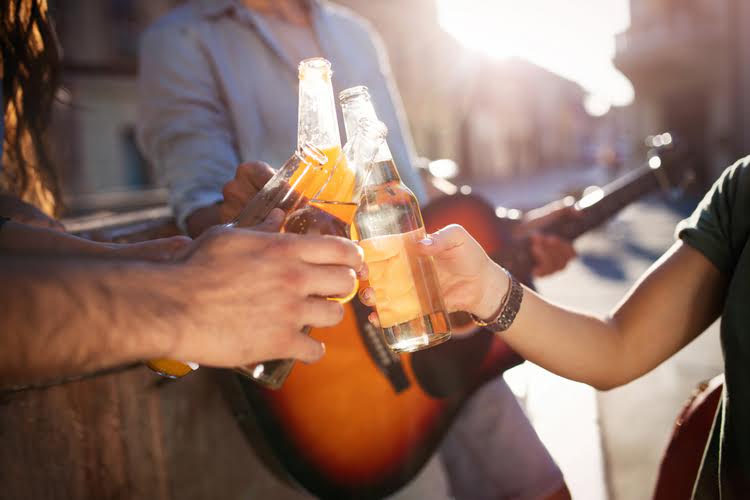What Is Dry Drunk Syndrome & How Does It Affect Recovery?
When you call the number listed on this ad, your call will be answered by Treatment X, a licensed addiction treatment provider and paid advertiser on AddictionResource.net. Addiction Resource aims to provide only the most current, accurate information in regards to addiction and addiction treatment, which means we only reference the most credible sources available. Therapy can help an individual understand what led them to abuse alcohol, and how to manage those issues in a way that can help more than turning back to alcohol.
- Dry Drunk Syndrome can bring back a pessimistic outlook, making it difficult to see the positive aspects of your recovery journey.
- It’s about rebuilding your emotional life and learning new ways to respond to challenges.
- They have undergone medically supervised detox and are now attending a professional addiction treatment program as well as a local 12-step group.
- At MSDATC, we help clients move from surviving to thriving in recovery.
- Her work with these organizations exemplifies her exceptional expertise and unwavering commitment to providing accurate and reliable information to those seeking assistance.
Is Alcohol Affecting You? Reframe Can help!
While the act of quitting alcohol can stop our physical health from declining, settling into this dry drunk stage can continue to negatively impact our mental health. Alcohol is commonly used as a coping mechanism or way to escape negative emotions or feelings. While the substance itself is removed in recovery, the issues leading to misuse in the first place may not have been dealt with yet. Therefore, the conflicting emotions and longing for alcohol that commonly occurs during the dry drunk period should be addressed. Recovery is often referred to as an identity transition that not only involves quitting drinking but also identifying and reworking the factors that led to alcohol misuse. Post-acute withdrawal syndrome (PAWS) is the stage in which a person has moved past the acute stage of withdrawal but continues to experience psychological effects.
- The individual may also continue to struggle with life’s challenges due to the lack of effective coping mechanisms, leading to further stress and dissatisfaction.
- Remember that addiction is a serious disease, and you’re doing the best you can.
- A person who strives to maintain sobriety can work to overcome this mentality of a dry drunk.
- The inability to cope with stress, resorting to dishonesty, or seeking instant gratification are all examples of behaviors that may persist.
- The emotional instability that comes with Dry Drunk Syndrome can put a strain on your relationships with loved ones.
That’s why individuals who have struggled with addiction over a long-term period of time may continue to struggle with “dry drunk” behaviors even as they enter recovery. However, sobriety and abstinence from alcohol are only part of recovery when someone struggles with an alcohol use disorder (AUD). If someone hasn’t dealt with underlying factors contributing to their alcohol addiction, they might be described as a dry drunk. Someone who’s a dry drunk behaves in almost every way like a person still in active addiction, but they aren’t drinking. Additionally, mental health disorders and co-occurring disorders like anxiety or depression can intensify withdrawal symptoms, increase emotional reactivity, and complicate healing.

Top Alcohol & Drug Treatment Centers in South Jersey
Using a term like alcoholic or drunk to refer to anyone in recovery can be quite insulting. Instead, describing the symptoms a person is experiencing and not using these terms can be more helpful. Using a term like dry drunk to an individual who participates in a 12-step program can be counter-productive. In this article, we’ll explore what dry drunk syndrome really is and how you can help your loved one cope with life after addiction. Adam Vibe Gunton is an American author, speaker and thought leader in addiction treatment and recovery.
Signs and Symptoms of Dry Drunk Syndrome
Have you ever felt like you’re white-knuckling your way through recovery? You’ve stopped using substances, but old habits and negative emotions keep creeping back in. You might be wondering if you’re truly healing or if there’s something else going on. Quitting alcohol is arguably the most important step in AUD recovery, but staying in the dry drunk stage can be dangerous. From the outside, the house may look brand new, but until the cracks are repaired, the house can still come crumbling down — just like our health in the limbo dry drunk stage. Remember to go easy on yourself and develop a pattern of self-care along with a treatment plan that will stave off or even avoid dealing with dry drunk syndrome in the first place.

Dry Drunk Syndrome – Recognizing and Managing the Symptoms

1 This term is considered to be stigmatizing, and it is no longer in use in the substance abuse field. It is important to learn how to manage stress, and develop a support system that can help when the stresses of life seem impossible to bear. A complete substance abuse treatment program can help teach those skills. At Recovery Guide, our mission is to connect as many individuals struggling with mental health and substance abuse disorders to reputable treatment facilities. If you or someone you love needs treatment or support in recovery, you are not alone. Find the comprehensive, compassionate treatment you need at Agape Behavioral Health.
Preventing relapse requires a proactive approach to recovery that includes recognizing the signs of dry drunk syndrome and actively managing triggers. Recognizing dry drunk symptoms and behaviors is the first step in helping us work through them and progress along the road to real sobriety. Deciphering the causes of dry drunk behaviors can also help us better manage the symptoms. It’s also crucial to identify and manage other mental health issues like depression, anxiety, PTSD, or anything else that may have sparked a relationship to alcohol as a coping mechanism.
Maybe you start by simply going to the gym at a certain time most days of the week. Don’t stress too much about doing a huge workout; just focus on getting yourself there. Instead, focus on taking small steps to build some of them into your routine. “Given that relapse is a process, it alcoholism symptoms can be identified and interpreted before use happens,” she says.
Finding constructive ways to cope with stress and emotional pain is critical. Consider exploring activities such as exercise, art, music, or volunteering. These outlets can provide a sense of purpose and fulfillment that may be lacking in your life. You may find yourself reminiscing about the “good times” you had while drinking, which can lead dry drunk syndrome to cravings and potential relapse. Behavioral patterns are automatic and happen without our even being aware that we are doing them.
- It highlights the difference between simply quitting alcohol and building a lasting, fulfilling recovery.
- They still might behave, act, and fight off emotional struggles in the same way they did when they were drinking, although they are sober.
- They haven’t dealt with the emotional struggles that led them to addiction in the first place.
- According to the National Institute on Drug Abuse6, recovery is a change process.
They are also likely to shift blame to others and get them to accept responsibility for consequences, rather than take responsibility for the problem. To explore additional treatment options, you can view editorially selected providers on our site or visit the SAMHSA Treatment Locator. If you feel that any of our content is inaccurate, out-of-date, or otherwise questionable, please contact at Browse our directory or reach out to the Substance Abuse and Mental Health Services Administration (SAMHSA) for more information about addiction recovery.